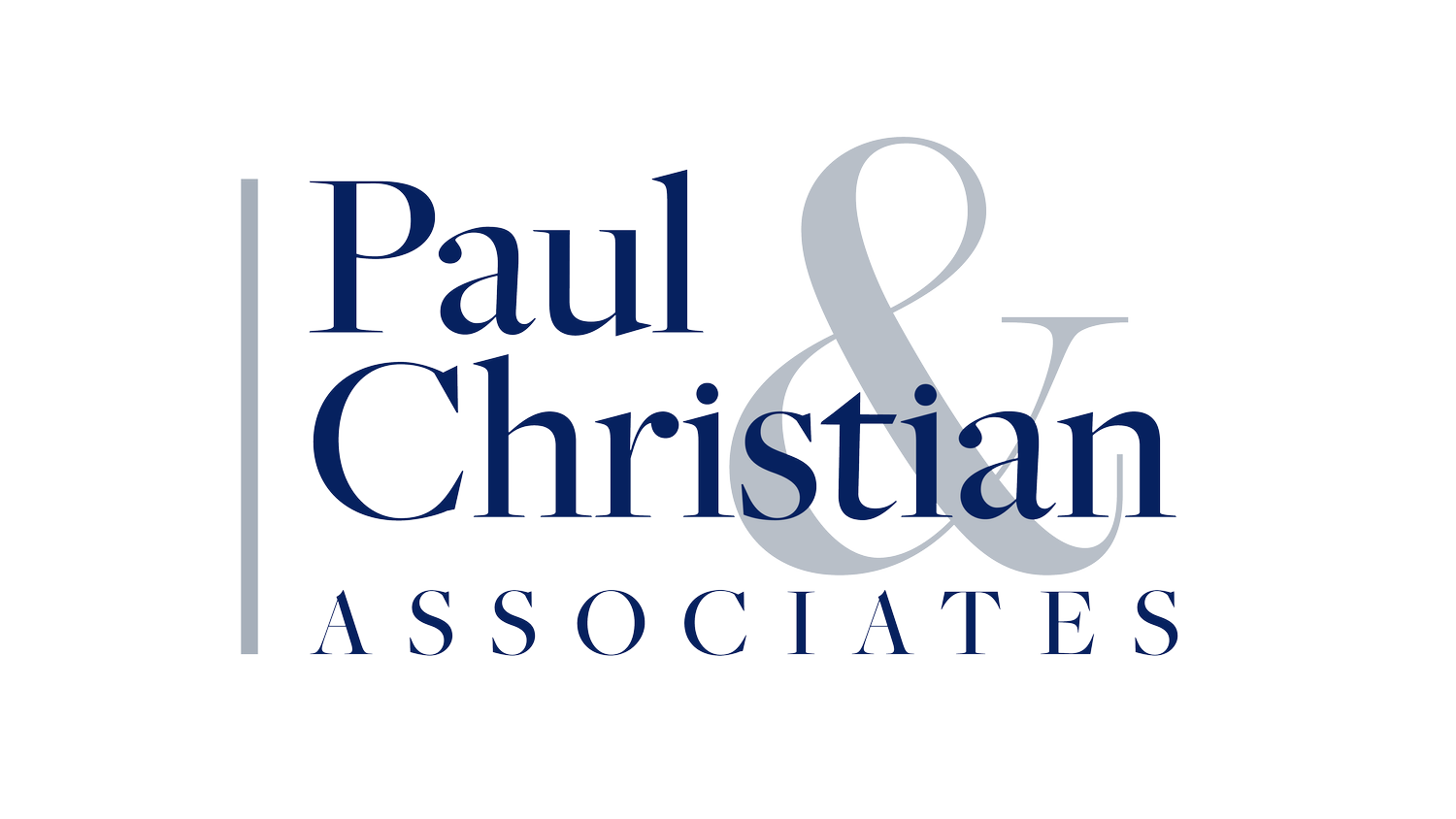Navigating Canada’s Foreign Buyer Ban and Toronto’s Upcoming Foreign Buyer Tax: Impacts on New Canadians
In recent years, like many other major cities in Canada, Toronto has grappled with soaring real estate prices, prompting legislative action such as the upcoming Toronto's Foreign Buyer Tax and Canada's broader Foreign Buyer Ban. These initiatives aim to cool down the overheated housing market by curbing speculative buying by non-residents, often blamed for driving up property values beyond the reach of average Canadians. However, these policies also have significant implications for new Canadians, who, despite their recent arrival, are eager to plant roots and find a stable home in their new adopted country.
This blog explores the upcoming 2025 Toronto Foreign Buyer Tax and Canada's current Foreign Buyer Ban, shedding light on their impact on the real estate landscape and how they affect new Canadians navigating the housing market.
What is Canada's Foreign Buyer Ban?
The Foreign Buyer Ban is a part of Canada's broader initiative under the Prohibition on the Purchase of Residential Property by Non-Canadians Act, which aims to curb foreign speculation in the housing market and improve affordability for Canadians. This legislation, effective since January 1, 2023, has been extended to 2027, barring foreign commercial enterprises and individuals who are not Canadian citizens or permanent residents from purchasing residential properties.
The legislation defines residential properties as those with three dwelling units or fewer, including semi-detached houses and condominium units. It does not prohibit the purchase of larger buildings with four or more dwelling units.
There are specific exemptions under the Act and its Regulations, such as for acquisitions due to death, divorce, separation, or as a gift, rental to a tenant for occupation, transfers under pre-existing trusts, and for the purpose of property development.
This measure is among many in Canada's comprehensive plan to address housing affordability, including significant federal investment in housing construction and support for affordable homes.
What is Toronto's upcoming Foreign Buyer Tax?
Toronto plans to introduce a 10% foreign buyer's tax on residential properties starting January 1, 2025, to deter speculative buying and make housing more accessible for locals. This initiative, pending city council approval, complements Ontario's 25% Non-Resident Speculation Tax (NRST). It also includes exemptions and rebates for new Canadians, permanent residents, international students, and Canadian citizens living abroad. Targeting a small fraction of the market, approximately 1.5% of transactions, the tax seeks to balance foreign investment with the need for affordable housing, ensuring exemptions for those genuinely contributing to the Canadian economy and society.
Foreign Buyer Ban vs Foreign Buyer Tax.
What's the difference?
Toronto's upcoming foreign buyer's tax, which comes into effect on January 1, 2025, imposes a 10% tax on residential property purchases by non-Canadians within the city, aimed at curbing speculative buying and enhancing housing affordability for Torontonians.
In contrast, the Canadian federal government's foreign buyer ban, initiated on January 1, 2023, prohibits non-Canadians from purchasing residential real estate for two years, addressing housing affordability nationally. This ban includes exemptions for specific scenarios and individuals, such as international students and foreign workers, under certain conditions. It targets a reduction in demand from foreign buyers to cool the real estate market.
Both measures target foreign investment in the housing market but differ in approach, with Toronto focusing on a financial deterrent through taxation and the federal government implementing direct restrictions on property purchases by non-Canadians.
How do both these legislative initiatives affect new Canadians?
The introduction of Toronto's foreign buyer's tax and the Canadian federal government's foreign buyer ban has nuanced implications for new Canadians, which refers to recent immigrants who have gained permanent residency or citizenship.
Exemptions for New Canadians: The Toronto foreign buyer tax and the federal foreign buyer ban include exemptions for new Canadians, those who have recently become permanent residents or citizens. The foreign buyer's tax in Toronto, while primarily targeting non-residents to curb speculative buying, is designed not to burden new Canadians, making the city their home. Similarly, the federal foreign buyer ban has exemptions that could benefit new Canadians, such as international students and foreign workers who meet certain conditions, ensuring that those who have committed to Canada as their new home dive into the housing market.
Potential for Rebates: There are provisions for rebates under certain conditions for those who initially qualify as foreign buyers but then change their status to permanent residents or citizens within a specific timeframe. This means new Canadians who might be affected by the foreign buyer tax at the time of purchase could recover these costs later on as they become more established in Canada.
Access to Housing Market: The foreign buyer ban, with its specific exemptions, allows new Canadians, such as foreign workers who have filed Canadian tax returns for three out of the last four years, to buy homes. This ensures that individuals contributing to the Canadian economy and society can own homes and establish roots in Canada.
Impact on Housing Affordability: Both measures aim to improve housing affordability, indirectly benefiting new Canadians by lowering home prices and increasing availability. By cooling off the demand from speculative foreign investment, the hope is that the real estate market will become more accessible to all residents, including new Canadians looking to buy their first home in the country.
Legal and Financial Planning: New Canadians should know these regulations and plan accordingly, especially if they consider buying property. Understanding the specifics of the foreign buyer tax and any applicable exemptions or rebates will be crucial in financial planning and avoiding unexpected costs.
New Canadians Should Stay Informed
While these measures primarily target foreign speculation to improve housing affordability, they are crafted with considerations for new Canadians, offering various exemptions and rebates to support their transition and integration into Canada. New Canadians should stay informed about these policies and consult with legal or real estate professionals (such as our team) to navigate the housing market effectively.





